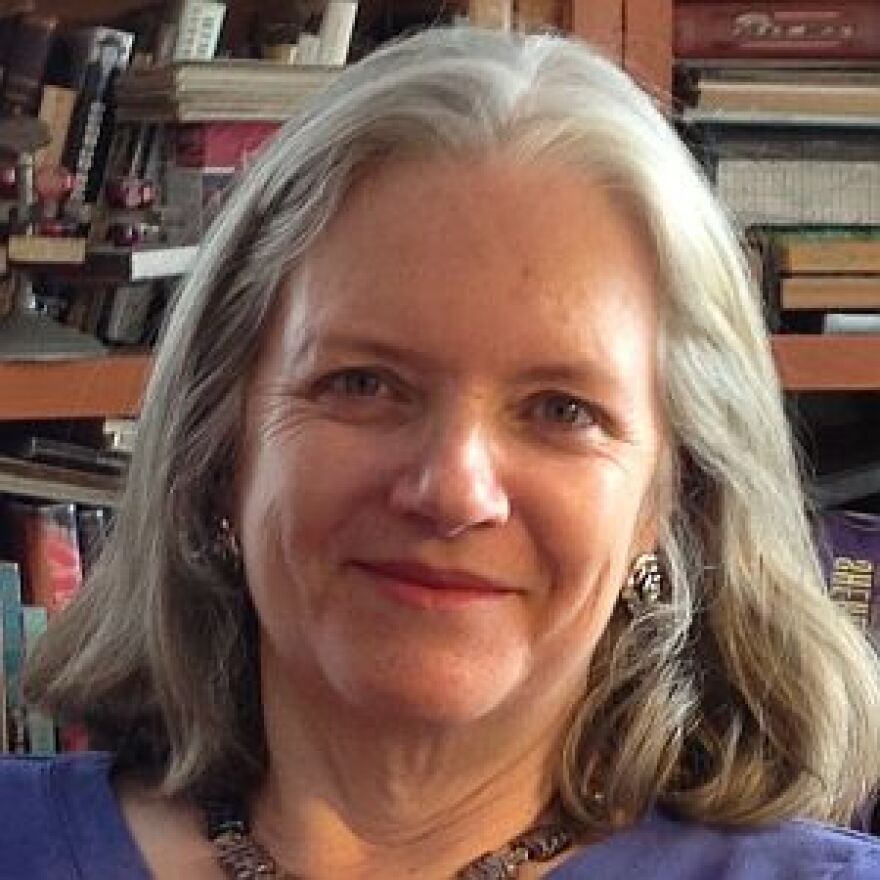Like many in my generation, I first encountered Home Economics in junior high school. At my school, depending on the teacher you had, it was either numbingly tedious or hilarious fun. This was back when girls took Home Ec. and boys took Shop.
One teacher was so meticulous she had girls wash each finger separately and earn a driver’s license in order to operate the sewing machine. The latter was achieved by stitching on a printed photocopied “map” and managing to stay on the “road”. It sounds a lot more fun than it was. The big class sewing project was to make an apron; the cooking project, hot chocolate.
My cousin Diana, ten years older and raised in another state, claims to have learned one thing only in Home Ec.: to make white sauce. It’s that sauce made with a roux of butter and flour, and cooked with milk. In France it’s known a bit more flatteringly as Béchamel sauce, the Mother of Sauces. Early on, Diana discovered the many ways you could use white sauce for culinary disguise and rescue. Later she actually became a good cook. Anyway, the general kid consensus was that Home Ec. was kind of a joke. However, forty years later, too many people now rely on boxed “food products” that are long on preservatives and short on nutritional value.
In her book, Kitchen Counter Cooking School, Kathleen Flinn states that we’re now two generations out from knowing how to cook regular, non-processed food. For some people, ignorance and fear of making mistakes keeps them from cooking at all.
Flinn is a recent graduate of the Cordon Bleu Cooking School in Paris. Back home in Seattle, she was wondering how to use her degree when she met a woman in a supermarket who was totally flummoxed by how to use various cuts of meat. Flinn’s patient explanation led to a trip through the market in which she helped the grateful woman shop for real food. The woman saved money, too.
Inspired by this experience, Flinn assembled a group of volunteers and taught them how to use a knife properly to cut up vegetables and whole chickens. Then she taught them how easy it is to make a good vinaigrette from scratch—as well as how to make a good cake or a loaf of bread. It was a revelation to her students. They’d been intimidated by cooking shows and fancy cookbooks. They thought that cooking from scratch was too difficult for the average person to master. The lessons in chopping, braising, and baking changed their lives.
Nutritionally, chefs and food experts from Mark Bittman to Michael Pollen state that most of the salt, sugar and trans fats we ingest come from processed or fast foods. They say that simply cooking real food at home would take us a long way to solving our national obesity problem.
Turns out that the Susie Homemaker stereotype is actually sort of, well, revolutionary.





